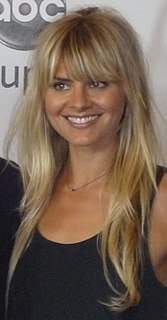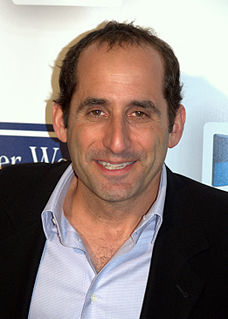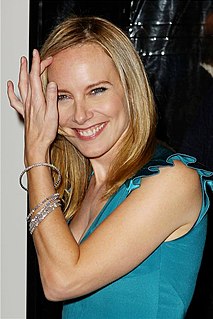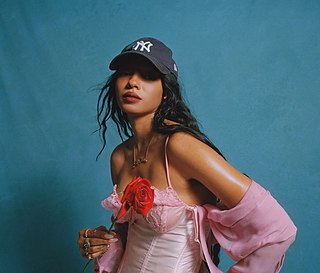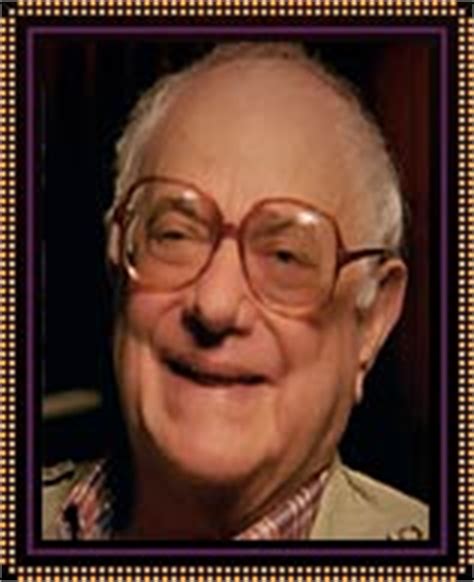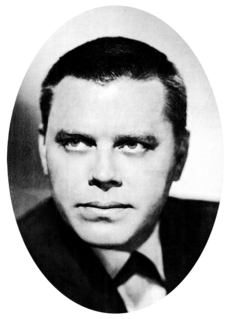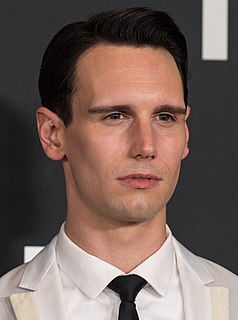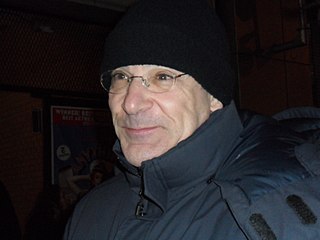A Quote by Ken Leung
I did this thing for HBO called 'Strip Search' with Sidney Lumet, who was one of the best directors I've ever worked with. We actually had a rehearsal period before we shot, which is unusual.
Related Quotes
We rehearsed for a bit for an Indie film, which is kind of unusual, we had a week of rehearsals before we actually shot the films so we were able to really break down the script and kind of work through all of the improvisational things that he wanted to do, so he had a chance to really feel his way through before we actually shot it and I think that helped a lot.
I was on a show called '12 Miles of Bad Road' with Lily Tomlin - it was an incredible HBO show. We shot 6 episodes, previewed it before the finale of 'The Sopranos;' it was written up as a 'Great New Show on HBO,' and then the whole thing was canned. Gone. Disappeared. That's when I realized anything can happen in this business.
I wanted to move on. I wanted to do acting. The next thing I did after [MADtv] was a good hybrid of that. I did this show with Bob Odenkirk and Derek Waters (creator of Comedy Central's "Drunk History") and it was a little homegrown thing that we shot and then we sold it to HBO. We made a pilot and HBO didn't pick it up, but then we made all these webisodes. This was before streaming stuff online made any sense. (The episodes are available on YouTube). Nobody even knew how to watch things on the internet.
Maybe if I'd gone in younger, I wouldn't have had that feeling, but I've seen an enormous amount of changes since the early-'70s in how this stuff is shot. I did the first TV movie ever shot in 18 days; before this film the normal length of shooting a TV movie was between 21 and 26 days. We shot a full-up, two-hour TV movie in 18 days with Donald Sutherland playing the lead, who had never worked on television before.
You try to follow suit and the directors I work with, like Sidney Lumet (on film in Before The Devil Knows You're Dead and TV in 100 Centre Street) who thinks actors hung the moon, thinks they can do anything, but he also works really quickly, the same like Clint Eastwood, and so you better also do your homework, you know?
Sidney Lumet is one of my favorite filmmakers. I feel like his approach to filmmaking was always so human. He was always making movies about the people. He wasn't about the tricks, you know what I mean? From 12 Angry Men on. Another film of his which I really, really love is Prince of the City, with Treat Williams, which is kind of a lost classic. Lumet is one of those film heroes that changed movies for everyone.



